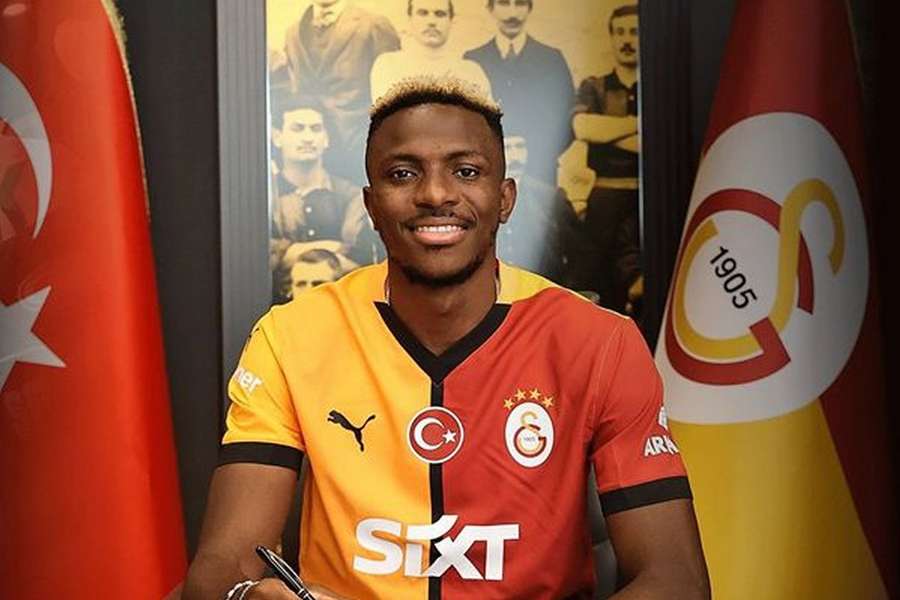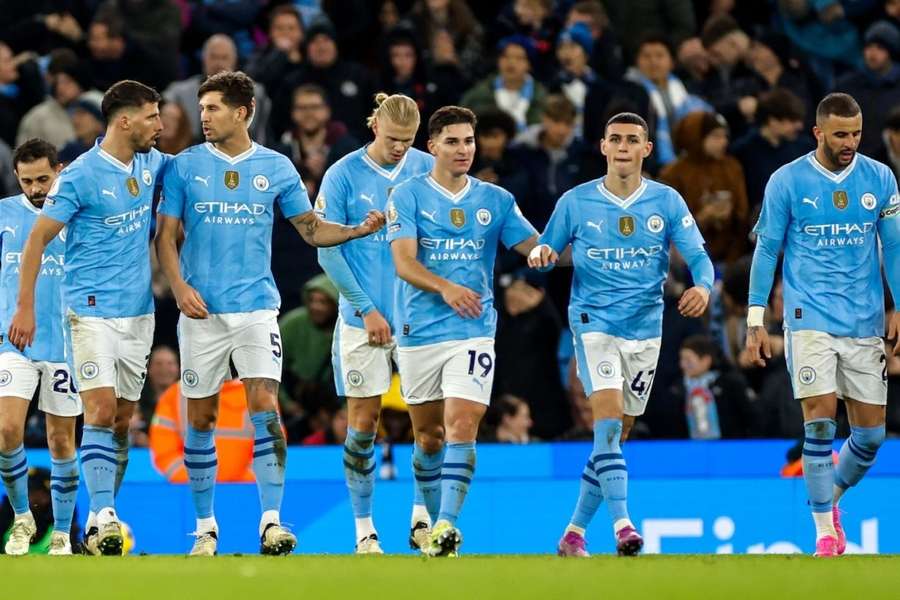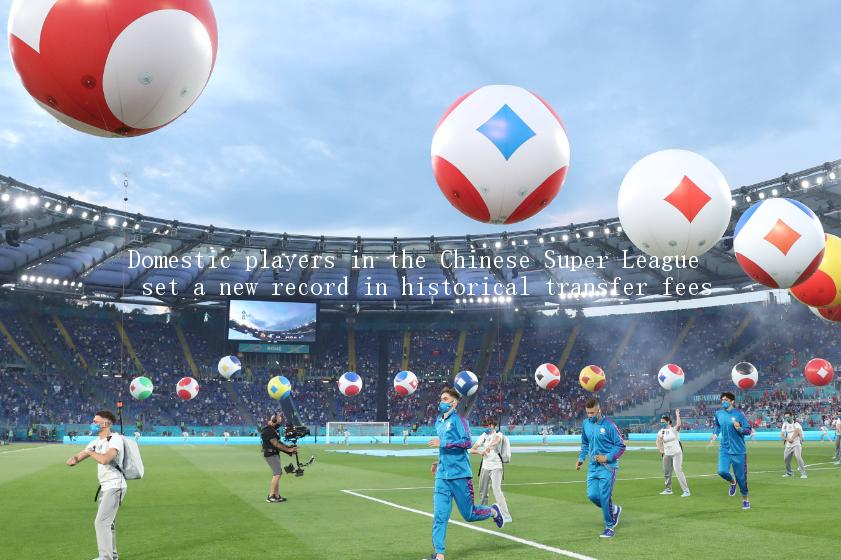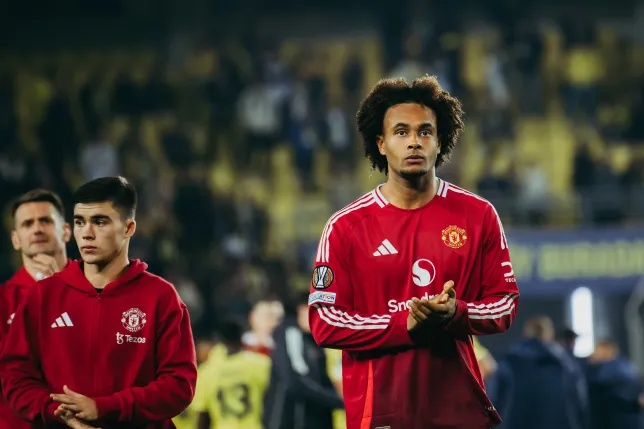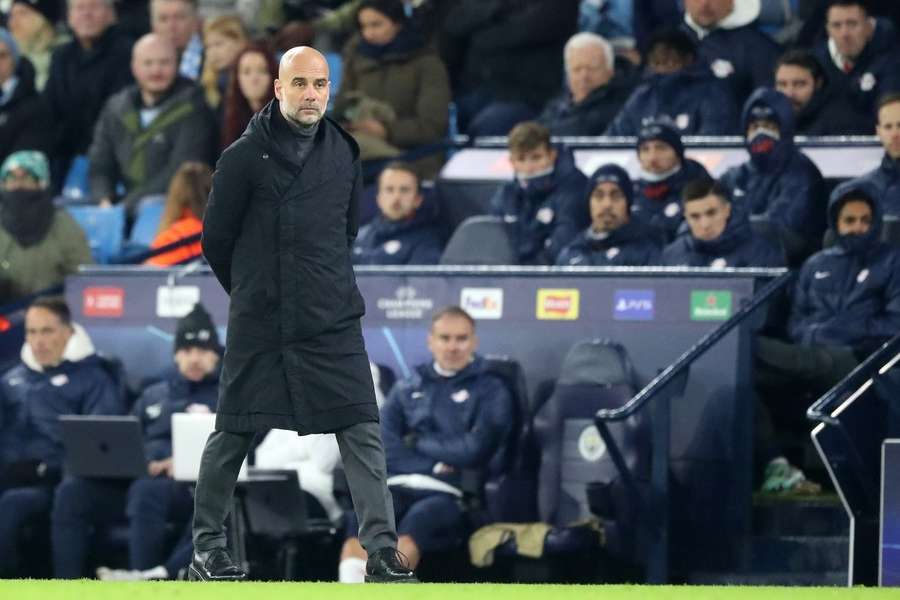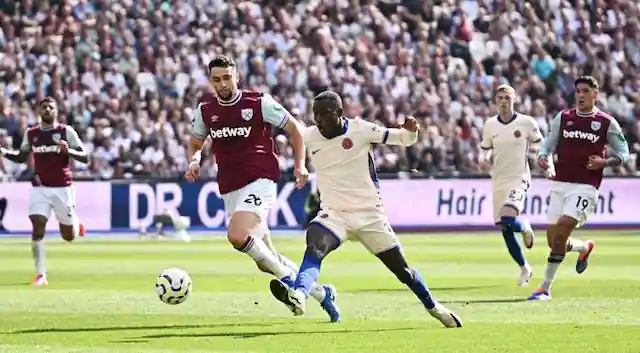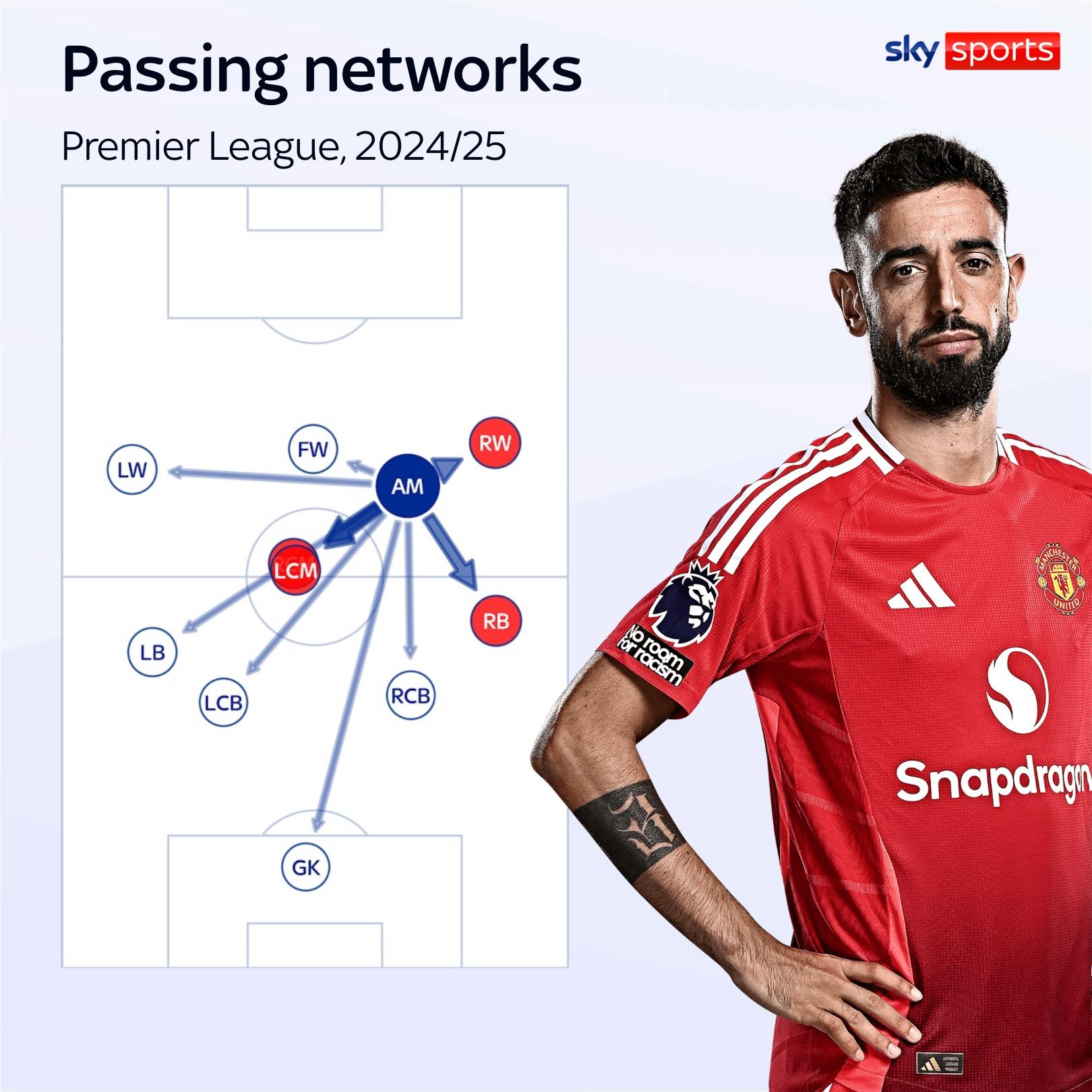Manchester United: Marc Skinner on a mission to reverse recent WSL decline and capitalize on FA Cup triumph
"Laser focus is essential," remarked Marc Skinner following Manchester United's final pre-season match, a disappointing 1-0 loss to Tottenham. "We were a bit sluggish today, and that simply cannot happen," he emphasized.
'Same but different' is the mantra for the new term, as Skinner attempts to navigate the loss of some of United's most well-known and well-respected players, while improving on last year's underwhelming fifth-place finish.
Incomings have been shrewd, which will mitigate some of the fallout, but Skinner's biggest assignment this season will concern the cloud that has engulfed Carrington over the past 12 months, and how to lift it. No easy task - it's consistently overcast in Manchester.
The so-called 'summer of discontent', which saw Mary Earps and Katie Zelem leave, among others, and raised issues over temporary training facilities as well as where the team ranks in the overall priorities of the club's new ownership group, has made for interesting discussion.
Skinner has heard most of it before. The former Birmingham City and Orlando Pride boss is no stranger to criticism, and has had to field questions - or "noise", as he terms it - about the wider structure and governance of the club since his appointment back in 2021.
TrendingBut the noise was louder than it ever has been last season, in part because results on the pitch were less than convincing and it felt as if performance had regressed. Whispers of dissatisfaction were getting harder to ignore.
"There was a moment where something had to change from last year," Skinner admits, speaking from one half of Carrington's training dome - Erik ten Hag's squad were using the other side for a drum-and-base fuelled gym session.
"We had relative success the season before by finishing second but not won anything. Maybe we became a bit bloated with that, on reflection. Not purposefully, because I cannot fault anyone for effort, but we just lost our edge, we became a bit softer.
"Finishing fifth last season was a punch in the face."
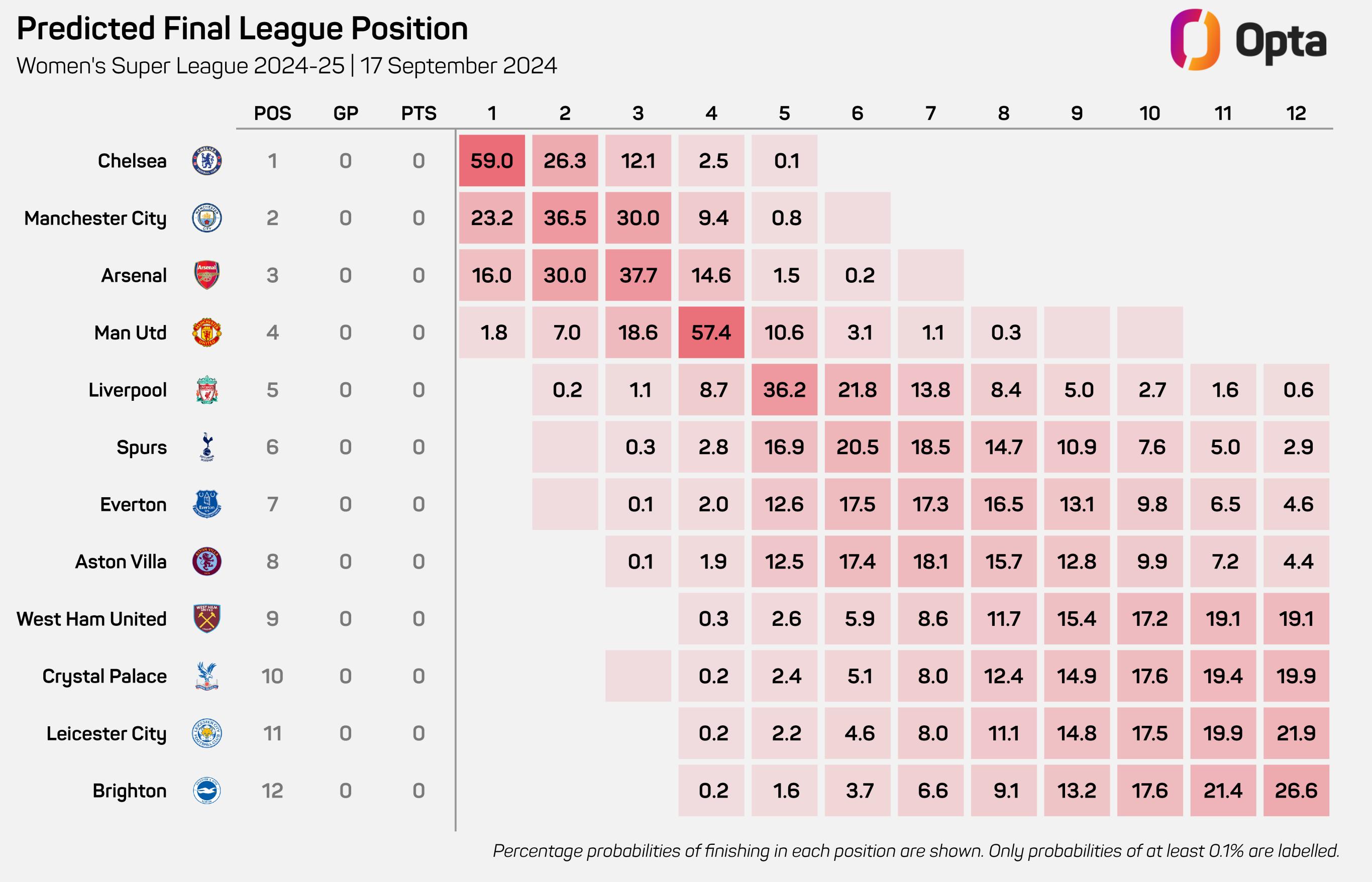
Much of the commotion surrounding Manchester United ultimately has little to do with the women's team, but Skinner equally understands it comes with the territory. "If we can have a balance, that would be nice," he said. "Hopefully it's smoother this year. You can tell from my energy that I'm excited about this group of players. It feels different."
Same but different, to Skinner, represents regeneration rather than a complete rebrand. Manchester United Women, after all, are FA Cup champions, something the 41-year-old acknowledges as "necessary" in terms of breaking the club's silverware duck.
On the continuum of progress May's FA Cup win at Wembley was a big stride forward, and part of the reason Skinner was rewarded with a 12-month contract extension 48 hours later. But there is no hiding that United underperformed last year, and grossly underachieved against WSL targets.
"Sometimes you have to shake the tree and see what falls," he continues. "The energy and togetherness is different. Without prompting, this squad are becoming a team, and I don't have to ask. Every player wants to be here and give everything. We're all pushing in the same direction."
Skinner has been candid in his admission that standards slipped over the course of a particularly gruelling 2023/24. Speaking with in May, he said he "walked past conversations that should have been had". Now, with the benefit of a summer refresh, it's tunnel vision on the future ahead.
"We lost our captain [Zelem] in the summer, let's address it. But we have to move forward, you can't stand still in football. There is a big space where Mary [Earps] once was. But, again, we don't want a short-term fix, it's got to be the right fit.
"The leadership dynamic looks very different as a result. Zel was the best captain I've ever had. Her brain is incredible. But moving forward the visual leaders embody what we're about.
"Ella Toone [vice-captain] is Miss Manchester United, she lives and breathes it. Then Maya Le Tissier [captain] is the type of player that puts everything on the line to win a game.
"They represent the movement of this team into a new era. I want effervescence and energy. I want us to be a true representation of the city and our fanbase. Both Ella and Maya will wear their hearts on their sleeve."
United lost three games on home turf last term - their most home defeats in a single campaign - which included a heavy 6-0 loss to champions Chelsea on the final day. Any suggestion of a hangover from last season's disappointments, though, has been quickly dispelled, as Skinner launches the next phase of what he wants to be considered "a legacy team".
"I want to produce football for a winning club, that's the drive. Our fans don't expect to be bored to death with the football. They want to see excitement, and a team that does not fear any opponent.
"I've got the unenviable task of trying to develop world-class players, while implementing a style that is beautiful to watch, while trying to win football matches in an unforgiving league. That's the pressure."
Besides, stylistically there wasn't a huge amount wrong. Only Arsenal allowed fewer passes per defensive action (PPDA) than Man United (9.7) last year, while only Chelsea (9) and Arsenal (8) scored more goals via high turnovers (7). An aggressive press and quick counter-punching have both been cornerstones of the Skinner philosophy since the start.
Fine-tuning and integrating United's six summer arrivals as soon as possible will help with that.
Commencing Manchester United 2.0.
Question is, can Skinner spark lift off?
RELATED STORIES
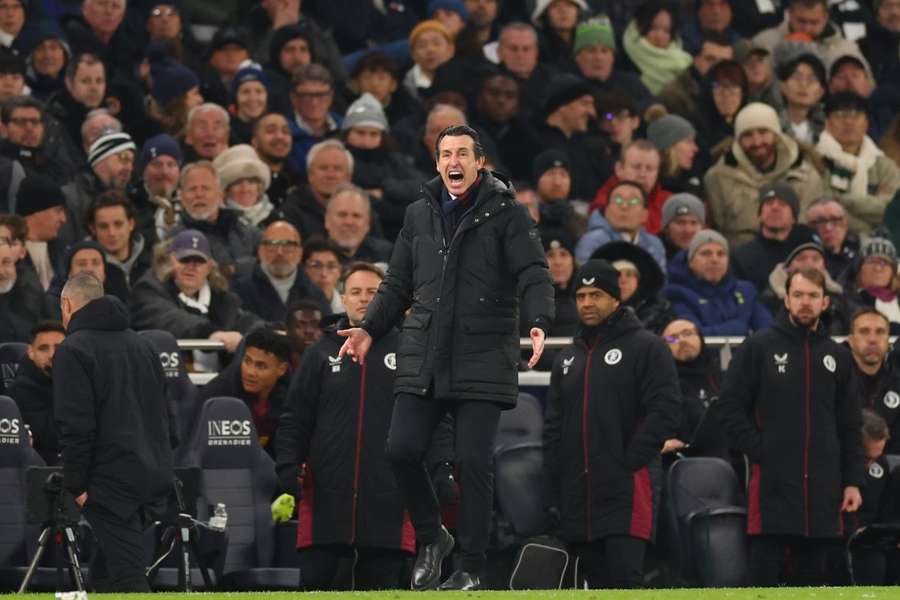


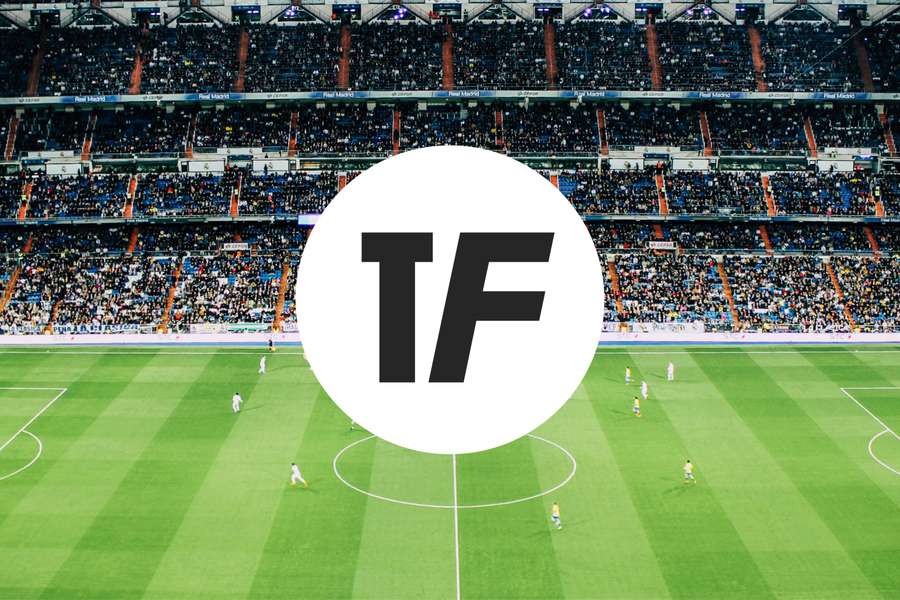


LATEST NEWS
